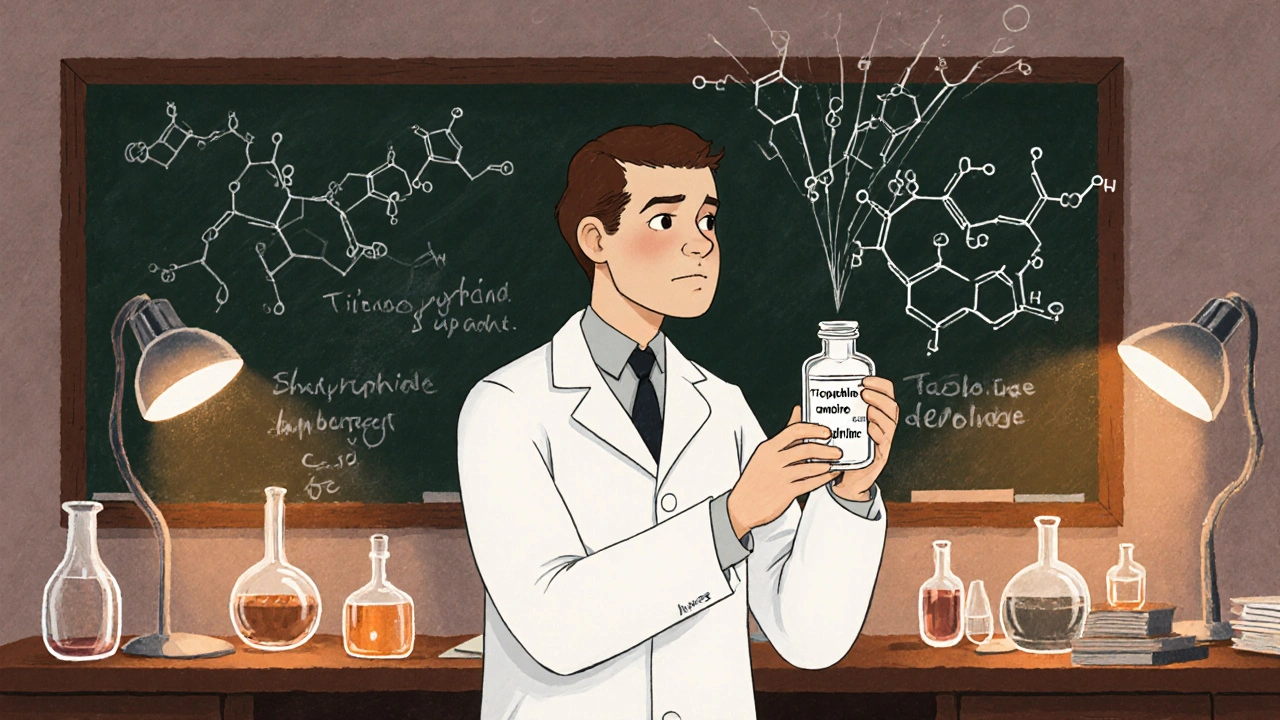Antiplatelet Drug: What It Is, How It Works, and What You Need to Know
When your blood starts to clot too easily, it can block arteries and trigger a heart attack or stroke. That’s where an antiplatelet drug, a medication that stops blood platelets from clumping together to form dangerous clots. Also known as antiplatelet agent, it’s one of the most common long-term treatments for people with heart disease, stents, or a history of stroke. Unlike blood thinners like warfarin or apixaban—which slow down the overall clotting process—antiplatelet drugs target just one piece: the platelets. These are tiny cell fragments that rush to injury sites and stick together. Think of them like glue. Antiplatelet drugs act like a spray that stops the glue from working, keeping blood flowing smoothly.
Common antiplatelet drugs include aspirin, the oldest and most widely used, often taken daily at low doses to protect the heart, clopidogrel, a stronger option often paired with aspirin after a stent placement, and newer ones like ticagrelor and prasugrel. Each has different strengths, side effects, and interactions. For example, someone with a history of stomach ulcers might avoid aspirin. Someone who had a recent heart attack might need two antiplatelet drugs at once—called dual antiplatelet therapy—for up to a year. These choices aren’t random. Doctors pick based on your medical history, age, other meds, and risk level.
These drugs don’t cure anything. They manage risk. You won’t feel them working. That’s why so many people stop taking them—because they feel fine. But skipping a dose can be dangerous. Studies show that stopping an antiplatelet drug too soon after a stent increases the chance of a clot forming inside it by up to 50%. That’s why the posts below focus on real-life issues: how to take these pills safely, what to watch for, how they interact with other meds like painkillers or antidepressants, and why some people need them longer than others. You’ll find guides on managing side effects like bleeding or bruising, how to handle surgery or dental work while on them, and why some people respond better to one drug than another. Whether you’re on aspirin for prevention or clopidogrel after a heart procedure, this collection gives you the practical, no-fluff info you need to stay protected without guesswork.
The History of Ticlopidine: A Timeline of Its Development
- Laura Ledas
- Oct, 29 2025
Ticlopidine was the first oral antiplatelet drug to prevent strokes and heart attacks, paving the way for modern blood thinners like clopidogrel. Despite its effectiveness, dangerous side effects led to its decline.
Learn More